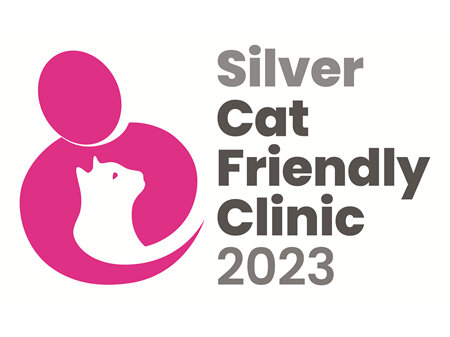Franklin Vets
Franklin Vets - excellence in veterinary care for dairy, farming, lifestyle, equine and household pets. BESTPRACTICE ACCREDITED NZ.
Your account is powered by Storbie. To edit your profile visit my.storbie.com
Your account is powered by Storbie. To edit your profile visit my.storbie.com

The grass is growing like crazy due to the wet, humid weather and ponies especially are tipping over the edge. With so many of our clients with laminitis at present, we thought it might be a good opportunity for a refresher…What is laminitis?
A painful inflammatory condition of the tissues (laminae) that bond the hoof wall to the pedal (coffin) bone in the horse’s hoof.
It is often associated with spring grass growth and overweight ponies. It can vary in severity from the merest hint of lameness to serious cases where foundering (rotation or sinking of the pedal bone) occurs.
What causes it?
Spring grass or heavy grain-based diets can result in high blood sugars causing persistent high insulin levels in the blood; this is more likely in horses with Metabolic Syndrome (EMS) & PPID (formerly Cushing’s disease). This triggers damage in the laminae causing laminitis.
What do I do if I suspect my horse has it?
Treat laminitis as an emergency and call us immediately. If laminitis is not treated promptly, the pedal bone drops (these cases are described as “sinkers”) or the pedal bone can rotate downwards and become foundered.
While waiting for us, move the individual onto soft ground. Deep sand appears to be the most comfortable for them. If the animal cannot move, make sure water and hay are provided at its location. Replace the pasture with hay to reduce sugar levels, and ensure that your horse stays hydrated.
Treatment?
Once the initial phase has passed, long-term control will include corrective farriery/trimming and dietary control – which we can help you plan. We may also suggest testing for hormonal conditions that can increase the risk of attacks & x-rays to evaluate how much change in the feet has occurred.
EMS and PPID can greatly increase the risk of laminitis so early detection and management are crucial for preventing outbreaks. Laminitis can be the only obvious sign of one of these conditions existing in your horse/pony/donkey so discussing these syndromes with us if your horse has ever suffered from laminitis is important.
Consider the use of grazing muzzles to slow consumption and yarding with hay during daylight when sugar levels are highest in the grass.
Please contact the Franklin Vets Equine team for further information on products and a management plan specific to your situation. Call: 09 238 2471.
Franklin Vets - excellence in veterinary care for dairy, farming, lifestyle, equine and household pets. BESTPRACTICE ACCREDITED NZ.



